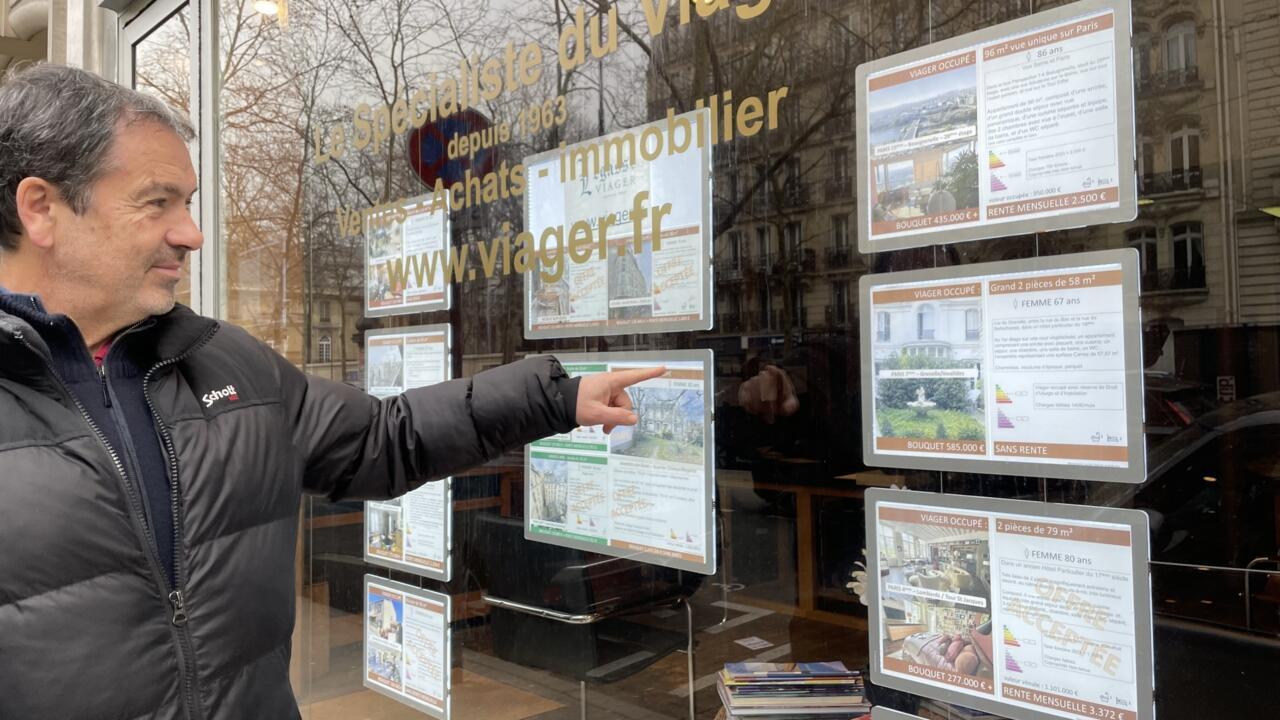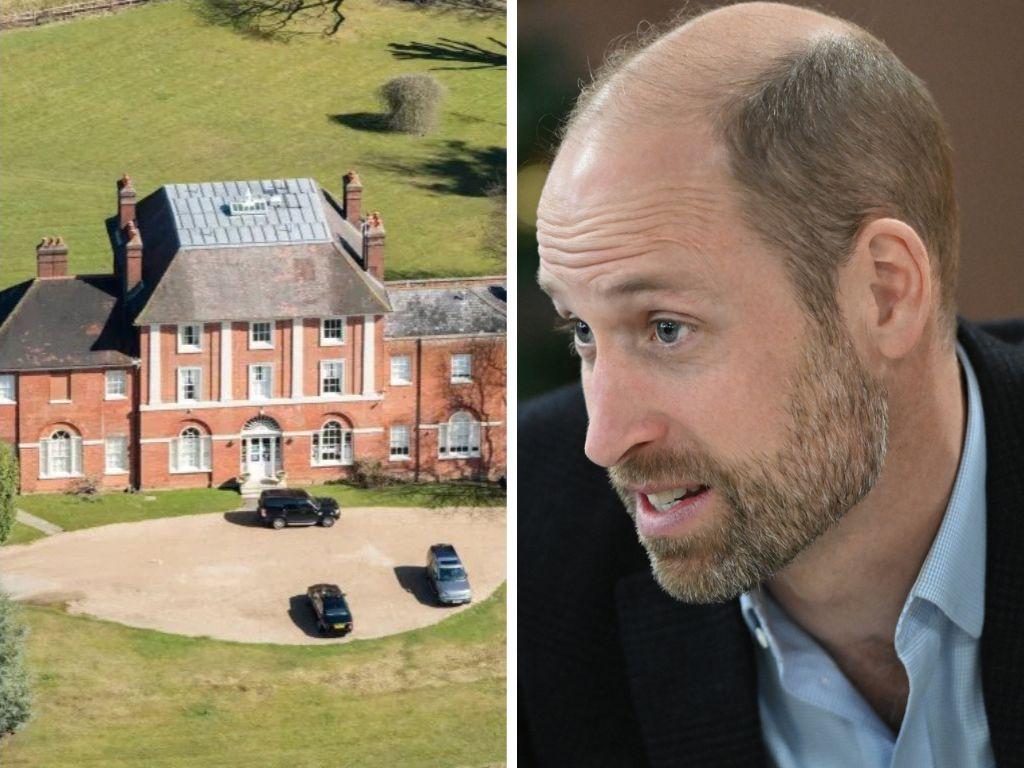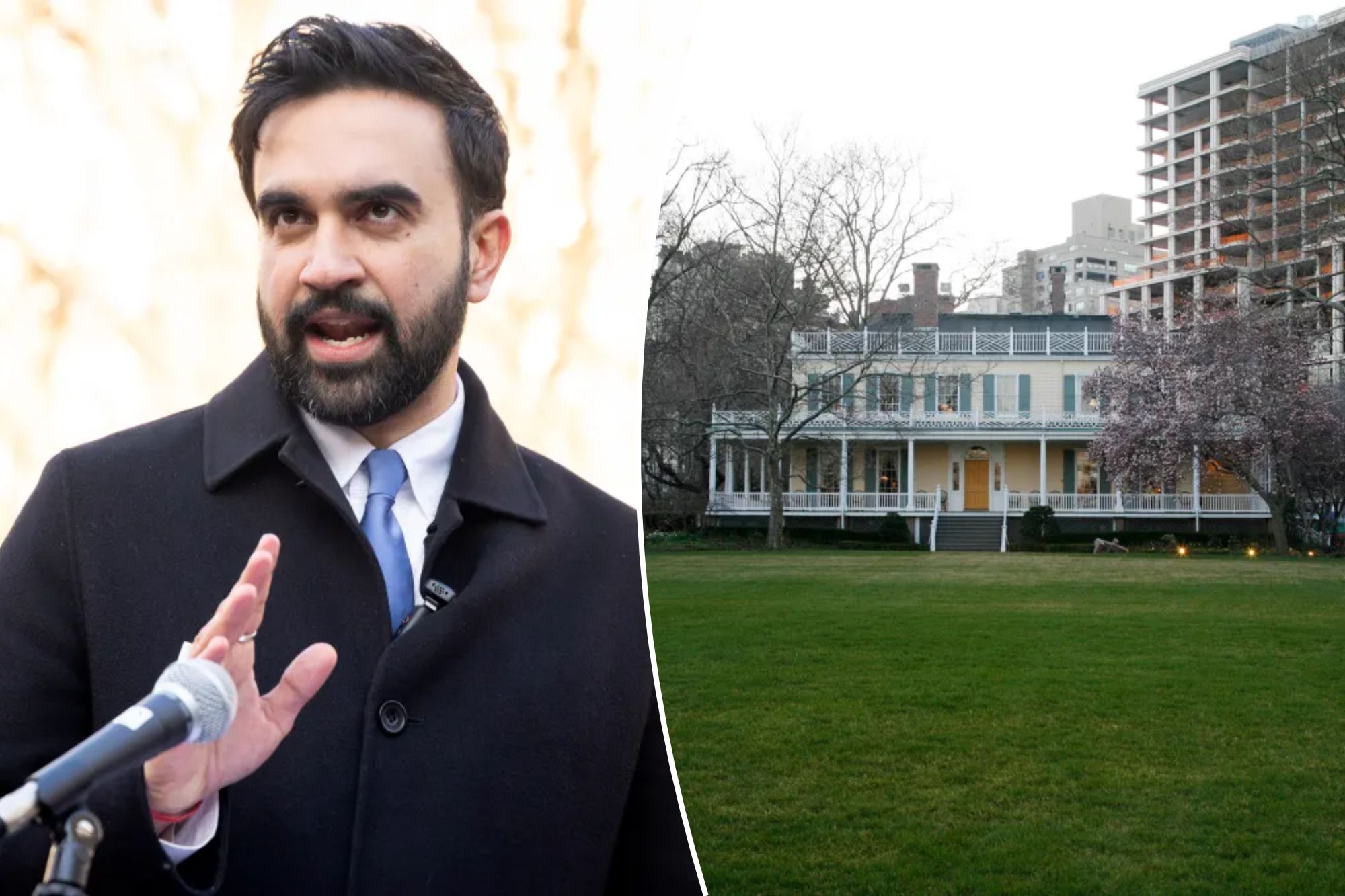I
n the heart of Paris, where the Eiffel Tower pierces the sky and the River Seine flows gently, lies a neighborhood that embodies the essence of French elegance. The 7th arrondissement is a treasure trove of history, culture, and refinement, with its winding streets lined with traditional bistros and family-owned boutiques that have been passed down through generations.
For Dorothea Hirsch, this neighborhood has been home for over six decades. The soon-to-be 85-year-old still resides in the same apartment where she first settled in the 1960s. Her space is a testament to her love of simplicity and elegance, with large windows that flood the room with natural light and a signed black-and-white photograph on an easel telling the story of a long-standing friendship.
However, Hirsch's decision to sell her apartment as a viager was not taken lightly. With a pension barely covering her living costs in one of the world's most expensive cities, she knew she had to make a change. By selling her home at a discounted price, she secured a monthly payout that will last for the rest of her life, allowing her to travel and live comfortably without worrying about money.
The concept of viager is not new to France, where it has been used as a means of securing one's future since the 19th century. However, its reputation has been marred by scandals and controversies, including the infamous case of Jeanne Calment, who sold her home in Arles as a viager to her solicitor, only for him to die before reaping the benefits.
For Pierre*, a Paris-based real estate investor, buying viagers is a calculated risk that can yield significant returns. With over a dozen properties under his belt, he has learned to navigate the complexities of this system and understand the importance of timing. "You have to play to win," he says, shrugging off criticism from those who view him as a vulture preying on the vulnerable.
Bertrand Fournis, an estate agent at Légasse Viager, has overseen dozens of viager deals in his five years in the business. He describes the typical seller as a childless individual over 70, often wealthy but struggling to make ends meet. The buyers, he says, are usually investors looking for a secure return on their investment.
As Fournis navigates the world of viagers, he has encountered cases where self-presumed heirs have contested the sale, only to discover that they were never close to the seller in the first place. Despite these challenges, Fournis remains committed to his work, forging close relationships with his elderly sellers and witnessing their relief when the deal is closed.
For Hirsch, the decision to sell her home as a viager has been liberating. She can now pursue her dreams of owning a small country house in Corsica, free from the financial burdens that once weighed her down. As she looks back on her life, she knows that this chapter marks a new beginning, one where she can live life to the fullest without worrying about money.













